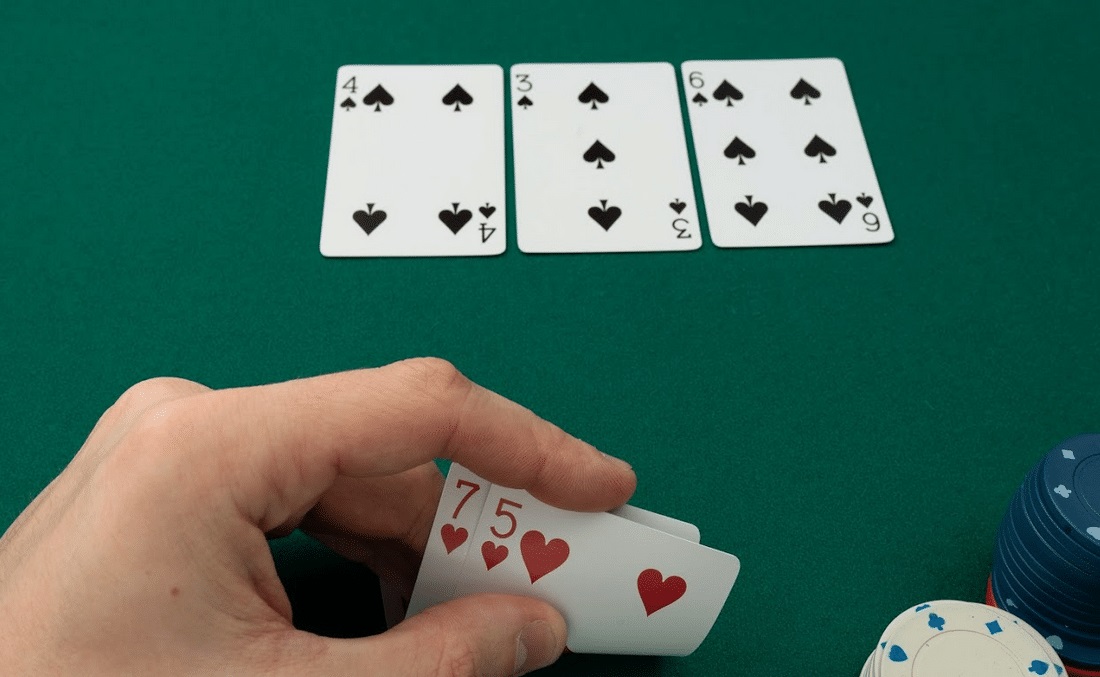
Poker is an exciting card game that has captivated millions of players around the world. Whether you’re looking to join a friendly home game or compete in a professional tournament, understanding the basic poker rules is crucial. In this article, we will guide new players through the fundamentals of poker and provide valuable insights to help you get started. So grab your deck of cards and get ready to learn the ropes of this timeless game.
Understanding the Basics:
Poker is played with a standard deck of 52 cards and involves a combination of strategy, skill, and a dash of luck. The goal is to create the best possible hand or convince your opponents to fold their cards. Before delving into the various poker hands and strategies, let’s explore the essential rules that govern the game.
Hand Rankings:
To begin, familiarize yourself with the different poker hands and their rankings. The highest-ranking hand is the royal flush, followed by a straight flush, four of a kind, full house, flush, straight, three of a kind, two pair, one pair, and finally, a high card. Knowing the hierarchy of hands is essential for determining the winner in any poker game.
Gameplay:
The game typically starts with each player receiving two private cards, known as “hole cards.” The dealer then places five community cards face up on the table, known as the “board.” Players must strategically use their hole cards and the community cards to build the strongest hand possible.
Betting Rounds:
Poker involves a series of betting rounds where players have the option to check, bet, call, raise, or fold. Betting starts with the player to the left of the dealer, and each subsequent player can choose to either match the previous bet, increase the bet, or fold their cards and exit the round. This process continues until all players have either folded or matched the highest bet.
Showdown:
Once the final betting round is complete, it’s time for the showdown. Remaining players reveal their hole cards, and the player with the highest-ranking hand wins the pot. If two or more players have the same hand, the pot is divided equally among them.
Playing Free Poker to Practice:
For new players looking to gain experience without risking real money, free poker is an excellent option. Many online platforms offer free poker games where you can play against other beginners or even seasoned players. These games allow you to familiarize yourself with the rules, practice different strategies, and develop your poker skills in a risk-free environment.
Additionally, free poker is an ideal way to understand the importance of position, timing, and reading opponents’ behaviors. It enables you to hone your decision-making abilities and grasp the intricacies of the game without any financial pressure.
Conclusion:
Learning the basic poker rules is the first step toward becoming a proficient player. Remember to familiarize yourself with the hand rankings, understand the gameplay, and practice your skills through free poker games. As you gain experience and confidence, you can explore advanced strategies, participate in real-money games, and even compete in tournaments.
Poker is a game that combines skill, strategy, and psychology, making it a constant learning experience. So, gather your friends, head to a local casino, or explore online platforms to embark on your poker journey. With dedication, practice, and a bit of luck, you can master the art of poker and enjoy the thrill of this timeless card game.






